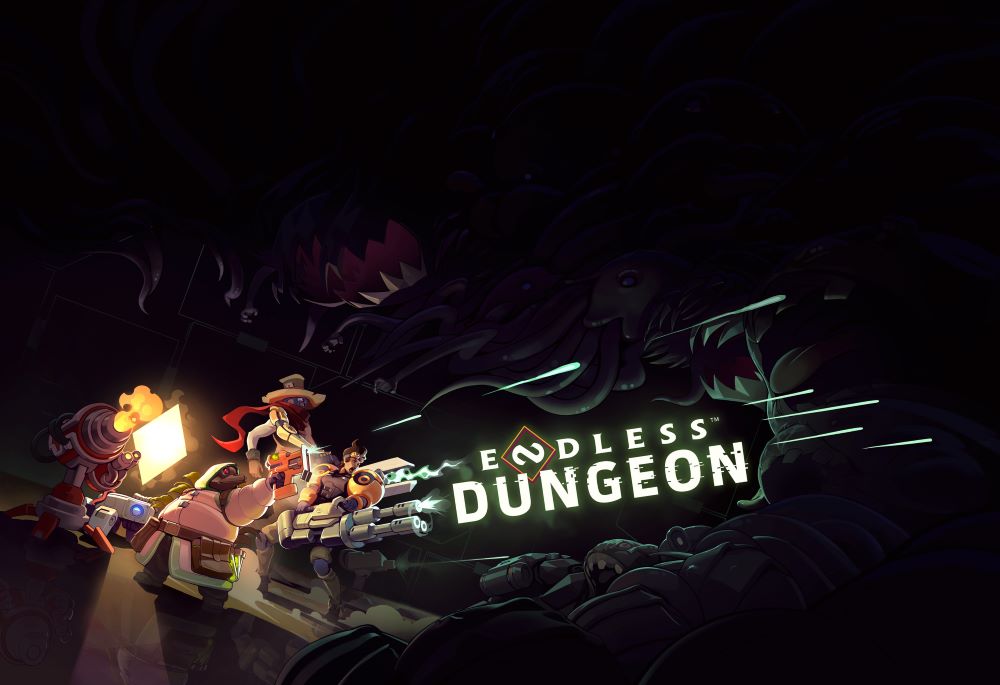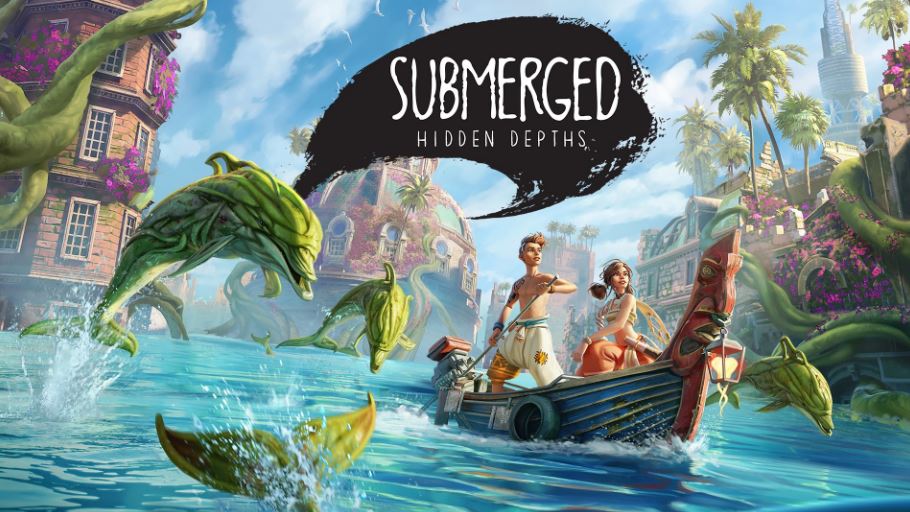The Thaumaturge Review
The Thaumaturge Review
The Thaumaturge is one of our more anticipated titles of 2024 from 11 Bit Studios and Fool’s Theory. Having had the opportunity to explore it firsthand during PAX West and engage in insightful conversations with the developers, our expectations were high as we eagerly awaited the full gaming experience. Fast forward to today, I’m glad to report that aside from some performance issues, I’m mostly happy about the experience.
We follow Wiktor Szulski (pronounced as “Victor”), a charismatic magician who returns to Russia-occupied Warsaw for his father’s funeral. After hearing of his inheritance, the grimoire containing his father’s knowledge as a Thaumaturge has been lost, sparking an investigation into his strange demise. Navigating a politically tumultuous Warsaw, dealing with rogues and charlatans, and coming into contact with eldritch horrors; Wiktor will discover his destiny as both a son and a magician.
Ready your grimoire and join Wiktor in his strange journey in The Thaumaturge!
Polish Persona
The Thaumaturge is a captivating gaming experience that deftly weaves together elements from two acclaimed titles— Disco Elysium and the Persona series. Its world interface, where exploration, character interaction, and dialogue converge, mirrors the successful execution seen from ZA/UM’s smash hit.
The game unfolds as a narrative adventure, where players collect vital clues, employing their unique talents to unravel mysteries and deduce answers. Against the backdrop of Russia-occupied Warsaw, they encounter a diverse array of adversaries: from street thugs to clandestine police forces. And then there are the enigmatic Salutors—ethereal beings that thrive on human flaws, be it vanity, greed, or melancholy.
While the Persona series immerses players in Japanese mythology, The Thaumaturge takes a different path. Here, Slavic folklore comes alive, infusing the game with an exotic flavor. The journey begins with the spectral Upyr, but that’s just the tip of the iceberg. As players delve deeper, they encounter and learn to harness the power of these Salutors, invoking them when dire circumstances demand.
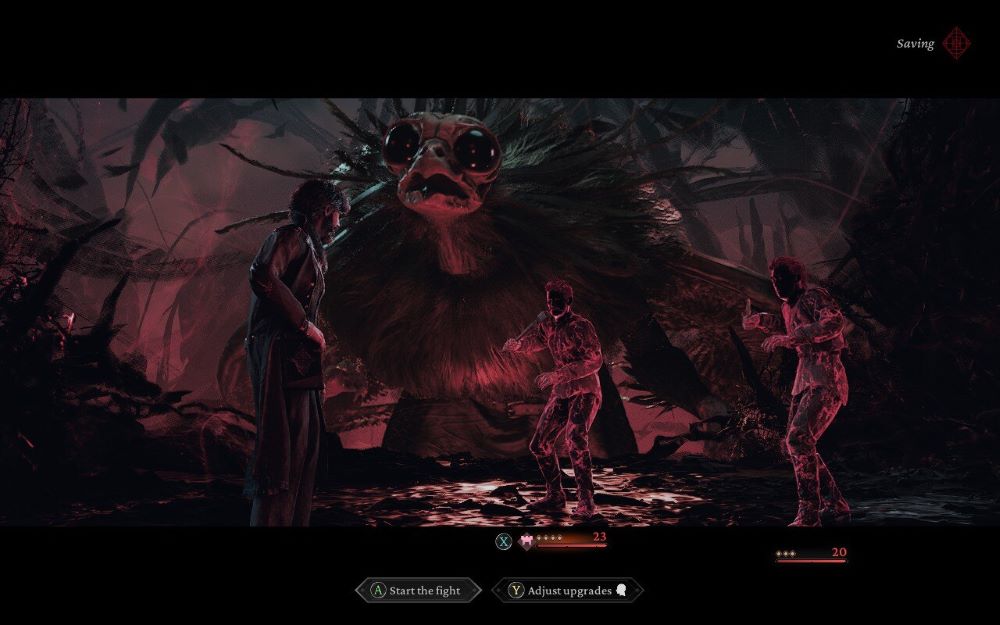
In battle, you can wield the power of up to four Salutors, which you can summon at will. Engaging in turn-based combat, you’ll face off against various opponents, where these Salutors can provide an edge by giving players an additional means of dealing damage.
Vitality is represented by health points, which, when brought to zero, will lead you to lose the battle. Additionally, your willpower manifests as focus. Spending focus points on Salutors’ attacks enhances your prowess, but beware—when focus depletes, you become vulnerable to heavy blows and status effects. Your opponents work under the same laws as well, so if you deplete their focus, you can attack with a special ability of your own.
Each of the four Salutors you carry can be bound to one of your four main stats: Heart, Mind, Word, and Deed. As these stats grow, you gain the ability to decipher clues from your surroundings. Manipulation also hinges on these attributes; some individuals possess stronger willpower, resisting your charms. In combat, Salutors can disrupt enemy resistances, granting you an advantage—provided your stats are up to par.
The Thaumaturge adapts its RPG components based on difficulty. If you seek a narrative-driven experience, even the story difficulty poses challenges, especially in pivotal moments. Default difficulty demands strategic finesse, while straightforward navigation ensures an immersive journey.
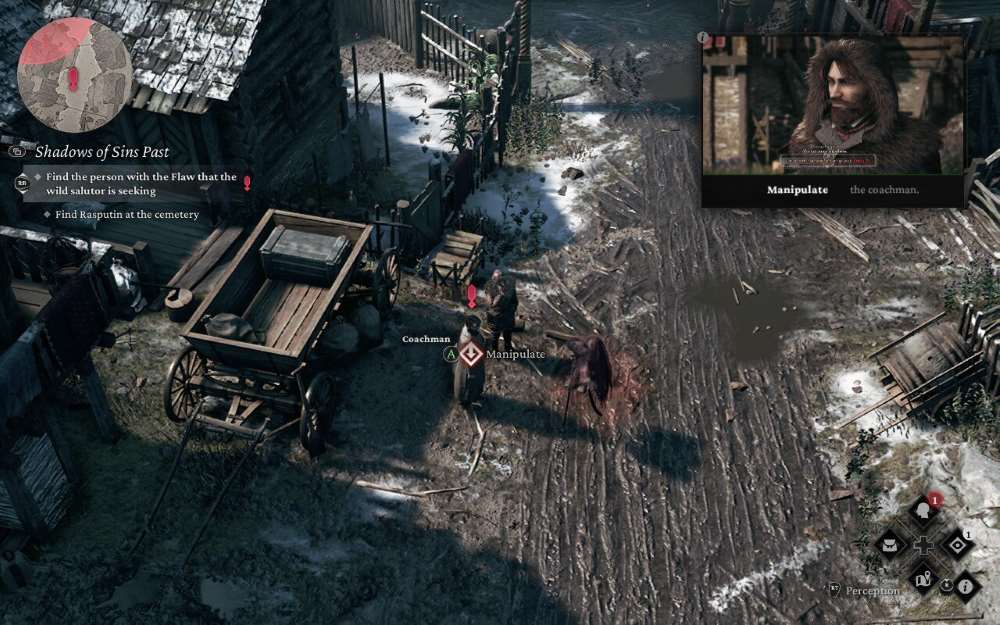
In the realm of narrative adventures, The Thaumaturge stands out for its extensive and engrossing cases. Whether pursuing the main questline or embarking on multiple side quests while exploring Russia-occupied Warsaw, players encounter a web of interconnected mysteries. These cases often intertwine with the diverse cast of characters and the vibrant setting.
Cases in The Thaumaturge fall into three distinct categories, each with its own priority. Main Story Quests propel the overarching narrative forward in a linear fashion, and the decisions made during these pivotal moments affect the overall story and the world. Side Cases are split into time-limited and regular cases, while lastly, Urban Cases provide a steady stream of quests for those who seek them.
The Thaumaturge allows player decisions to ripple through the entire ecosystem of the world. Unlike many open-world games, where the status quo prevails, this title respects and adapts to your choices. The game takes these choices into account, inviting replayability to witness how the story adapts based on your decisions.
Ra-Ra-Rasputin, Lover of the Russian Queen
In the world of The Thaumaturge, characters breathe life into the setting. The well-performed voice acting infuses these personalities with character, while the script is clever and punchy, weaving a rich tapestry as the diverse accents make them feel like a living and breathing product of the era.
Unfortunately, the facial animations are flat and lifeless. However, the compelling story compensates for this shortcoming. Amidst a sea of generic titles, The Thaumaturge stands tall, thanks to the multifaceted elements that bring its characters to life.
As the sarcastic, strong, and surly protagonist, Wiktor shoulders the weight of the plot. His decisions—nuanced and impactful—allow players to balance powers versus his place in society. In the game’s later stages, securing optional Salutors unlocks advanced skills, but at a cost: sacrificing a loved one or breaking a promise. From a narrative perspective, this creative choice is fresh and I wish more games would implement this.

Supporting characters emerge as unique personalities, each adding to the overall dynamic of the storyline. Rasputin and Wiktor’s sister, Ligia, stand out among the ensemble. While they align as allies, they are also nuanced in that they have agendas that would conflict with Wiktor’s many ambitions.
The game also presents antagonists who don’t merely obstruct Wiktor’s path, and depending on your decisions, they can evolve into future allies or foes.
The Thaumaturge excels in dialogue, where choices aren’t merely stat-dependent but they echo past decisions. They can lead to intriguing narrative paths or stat advantages, or they can have an unpleasant drawback in terms of story outcomes, locking you from acquiring a potential Salutor in the future.
Setting-wise, The Thaumaturge has some of the best world-building in gaming at the moment. Maybe because I’m unfamiliar with Slavic folklore, but 1905 Warsaw is just so fascinating, and the freshness of this world drew me in just as when I was just discovering Japanese folklore and history way back when. The lore is fantastical, the history vibrant, and everything feels refreshingly new.
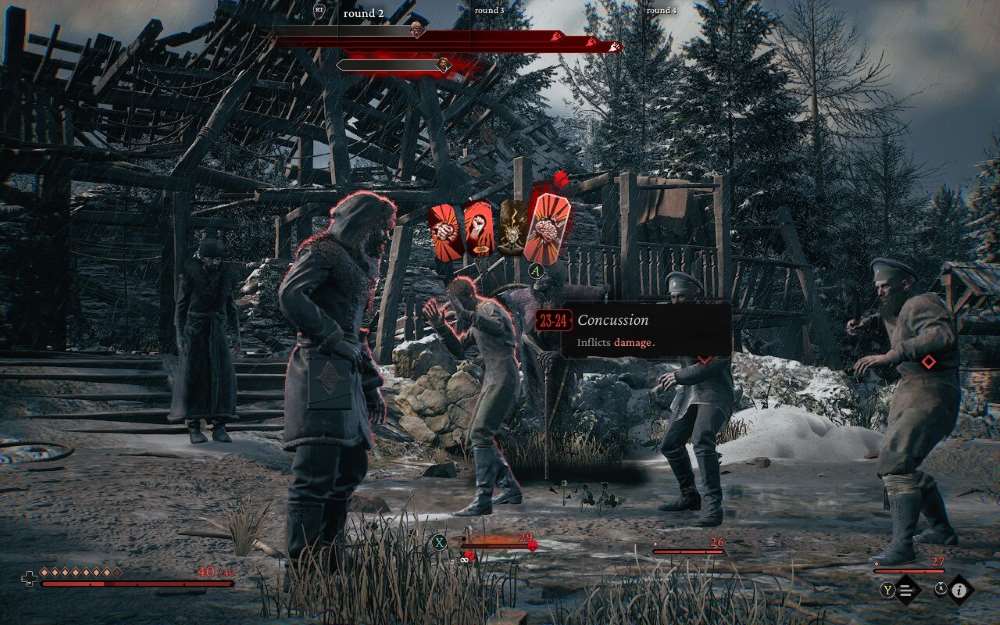
While a narrative RPG is a tempting proposition for the Steam Deck, my experience was not the best. Playing with a pre-release build, I experienced a myriad of performance issues that are too long to list. I’m hoping that the 1.0 patch will allow players to experience the game in the way the creators meant for it to be played as these performance issues are quite immersion-breaking, and I am not sure if some of the visual effects are a creative choice or an actual glitch.
For now, I would advise playing The Thaumaturge on a PC and maybe wait for the game to receive some optimization updates on the Steam Deck.
What We Like
- Fantastic plotting and quest design.
- Dialogue is well-written, witty, and entertaining.
- Combat is simple to learn, but dynamic once it opens up.
- Skills are well-designed and dynamic.
What We Didn’t Like
- Performance issues with the current build.
- Visuals and facial animation appear rough.
Verdict: Buy It!
★★★★★★★★
The Thaumaturge emerges as a breath of fresh air in the realm of narrative RPGs. Its implementation of fantastical elements sets it apart, making it a standout title to play, whether on PC or its eventual console release. Within this vibrant and unfamiliar world, characters like the formidable protagonist, Wiktor Szulski, shine bright.
I find myself convinced that Fool’s Theory is the ideal studio to helm “The Witcher” remake. Their ability to construct rich and interesting worlds imbued with lore and eldritch terror shines through in the game’s supernatural beings.
Despite imperfections, The Thaumaturge is a gem worth experiencing, warts and all.
*The Thaumaturge was reviewed on a PC and a Steam Deck with a review code provided by the publisher.



